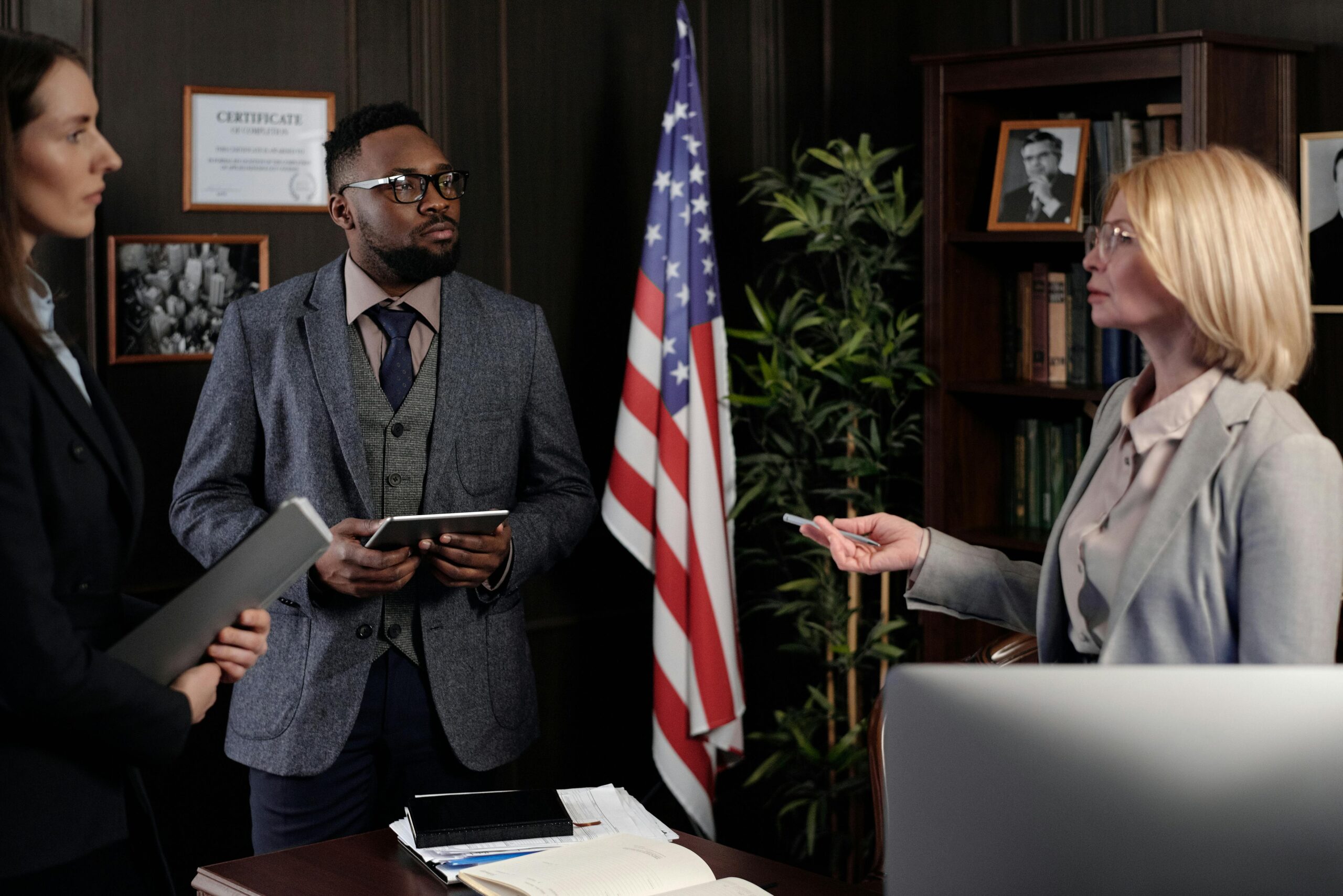Now Reading: Wrongful Death Claims: Seeking Justice for Families After Fatal Car Accidents
-
01
Wrongful Death Claims: Seeking Justice for Families After Fatal Car Accidents

Wrongful Death Claims: Seeking Justice for Families After Fatal Car Accidents
Losing a loved one in a car accident is heart-wrenching, plunging families into profound grief and practical worries. Besides emotional anguish, they grapple with financial strains and legal entanglements post-tragedy. Wrongful death claims provide a legal recourse for seeking justice and recompense for the loss of a loved one due to another party’s negligence or misconduct. Familiarizing oneself with the nuances of wrongful death claims can empower grieving families to navigate the legal maze and demand accountability.
Understanding Wrongful Death Claims
Wrongful death claims emerge when a person dies due to another party’s negligent, reckless, or intentional actions. Surviving family members or beneficiaries can pursue compensation for damages such as medical expenses, funeral costs, lost income, loss of companionship, and pain and suffering. While money can never replace a loved one, wrongful death claims aim to offer financial assistance and hold wrongdoers accountable.
Elements of a Wrongful Death Claim
To validate a wrongful death claim, certain elements must be established:
Duty of Care:
The defendant must be shown to owe a duty of care to the deceased, as all drivers do in car accidents.
Breach of Duty:
It must be proven that the defendant breached their duty of care through negligent actions, such as speeding or driving under the influence.
Causation:
A direct link must be established between the defendant’s breach of duty and the victim’s death.
Damages:
Measurable damages, like financial losses or emotional distress, must be demonstrated.
Legal Considerations in Wrongful Death Cases
Navigating the legalities of a wrongful death claim is intricate, especially amid grieving. Seeking guidance from experienced legal professionals specializing in personal injury and wrongful death cases is vital. These attorneys offer indispensable support and advocacy throughout the legal journey.
Statute of Limitations
One critical aspect of wrongful death cases is the statute of limitations, setting a deadline for filing a claim. Families must act promptly and seek legal counsel to comply with the applicable statute.
Comparative Negligence
In some jurisdictions, comparative negligence can impact the claim’s outcome. This concept allows for fault allocation among multiple involved parties, potentially reducing damages if the deceased shared fault.
Damages Recoverable
Wrongful death claims typically seek compensation for various damages, including medical expenses, funeral costs, lost income, loss of companionship, and pain and suffering.
The Importance of Legal Representation
Pursuing justice in wrongful death cases demands comprehensive legal knowledge and expertise. Attorneys specializing in these cases offer invaluable support and advocacy, guiding families through every legal aspect, from investigation to trial representation.
Investigation and Evidence Collection
Conducting a thorough investigation is paramount in wrongful death cases to gather evidence and establish liability. Attorneys meticulously compile compelling cases, reviewing reports, interviewing witnesses, and examining physical evidence.
Negotiation and Settlement
Many cases are settled through negotiation outside of court. Attorneys negotiate with the defendant’s representatives to secure fair compensation, considering the family’s damages.
Litigation and Trial Representation
If negotiation fails, the case proceeds to litigation and trial. Attorneys vigorously advocate for their clients in court, presenting evidence and making compelling arguments.
Conclusion
For families shattered by fatal car accidents, pursuing justice and closure is possible through wrongful death claims. Engaging the services of experienced attorneys, such as a Raleigh Car Accident Lawyer, is crucial in understanding the legal principles involved and asserting the rights of grieving families to seek fair compensation. While no amount of legal recourse can erase the pain, wrongful death claims offer a path toward acknowledgment, financial stability, and a way to honor the profound loss endured by the affected families.
About the author: Mark Scott
With a law degree under his belt, Mark Scott understood very early that law communication was a relatively neglected area. He decided to help people by “translating” the language and offering information and advice in a clear, useful, and actionable manner. For this reason, instead of finding him in court, you will most likely find his name online, where he is very active and thriving as a legal columnist. His part of making the world a better place is to make the law a less convoluted maze. He aims to make it easier for people to understand when and how to seek legal counsel, how to proceed in a significant number of legal matters, and to find the proper resources so they can stand up for their rights.











